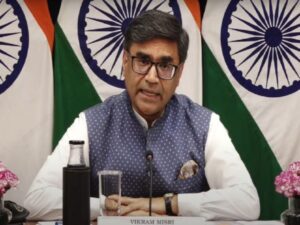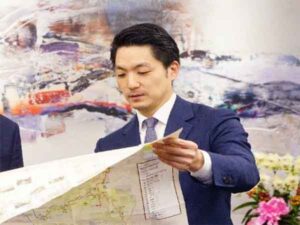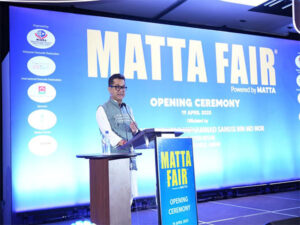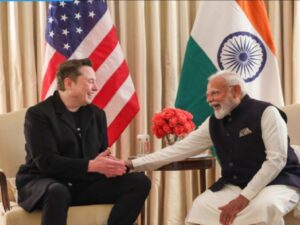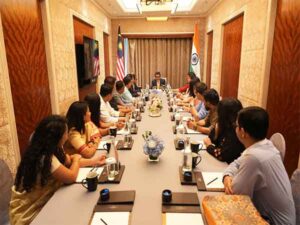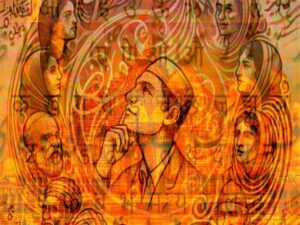Singaporeans vote to elect ninth president; Indian-origin ex-minister Tharman Shanmugaratnam in the race
Singapore, Sep 1 (PTI) Singaporeans were voting on Friday in the country’s first contested presidential election in more than a decade, a three-way contest in which former minister Tharman Shanmugaratnam is hoping to become the next Singapore-born Indian-origin head of the state.
Eligible voters started casting their ballots at 8 a.m. when polling stations opened.
More than 2.7 million Singaporeans are expected to vote and the polling stations will be open until 8 pm, after which counting of the votes will begin. Results would be out by midnight.
Voting is compulsory and the government has declared Friday a public holiday.
Apart from Tharman, two other candidates in the race for the country’s ninth President are Ng Kok Song, a former chief investment officer with the Government of Singapore Investment Corp (GIC), and Tan Kin Lian, the former chief of the NTUC Income, a state-owned union-based insurance group.
Incumbent President Halimah Yacob’s six-year term will end on September 13.
She is the country’s eighth and first female president. The 2017 presidential poll was a reserved election, in which only members of the Malay community were allowed to contest. Halimah was named president then as there were no other candidates.
As of noon, 1,406,182 Singaporeans have turned up to cast their votes at the 1,264 polling stations islandwide, said the Elections Department Singapore (ELD). This is about 52 per cent of the total number of eligible voters.
Among those who turned up at the polling stations early in the morning were President Halimah and Prime Minister Lee Hsien Loong.
A total of 31 special polling stations have been set up in nursing homes for the Presidential Election.
This is the first contested presidential election since 2011.
Tharman, 66, an Indian-origin Singapore-born economist, formally launched his presidential campaign in July with a pledge to evolve the country’s culture to keep it a “shining spot” in the world.
The three candidates have been chosen under strict criteria. Singapore has a stringent qualification process for candidates vying for the presidency.
Tharman, who joined politics in 2001, has served in the public sector and ministerial positions with the ruling People’s Action Party (PAP) for over two decades.
Tharman supports his qualification to be the next president of the prosperous state by citing his international experience across various fields including pandemic preparedness and human development.
He also has experience in the government and with the city state’s foreign reserves, estimated to be over Singapore dollars 2 trillion.
Tan pointed to his 30-year experience as chief executive of NTUC Income.
While Ng and Tan have maintained their “no-political affiliation”, Tharman, who served as Singapore’s Deputy Prime Minister between 2011-2019, resigned in July from public and political posts to run for the presidency.
Singapore in the past had two Indian-origin presidents.
Sellapan Ramanathan, popularly known as S R Nathan, a Singaporean politician and civil servant of Tamil descent has served as the president of Singapore. In 2009, Nathan defeated Benjamin Sheares to become Singapore’s longest-serving president.
Chengara Veetil Devan Nair, better known as Devan Nair, served as the third president of Singapore from 1981 until his resignation in 1985. Born in 1923 in Malacca, Malaysia, Nair was the son of a rubber plantation clerk, who was originally from Thalassery, Kerala.
Singapore, with no resources, sits in the midst of resource-rich Asia and has grown into an Asian financial hub with links to the world’s two largest markets China and India.
The first presidential election in Singapore was held on August 28, 1993.

